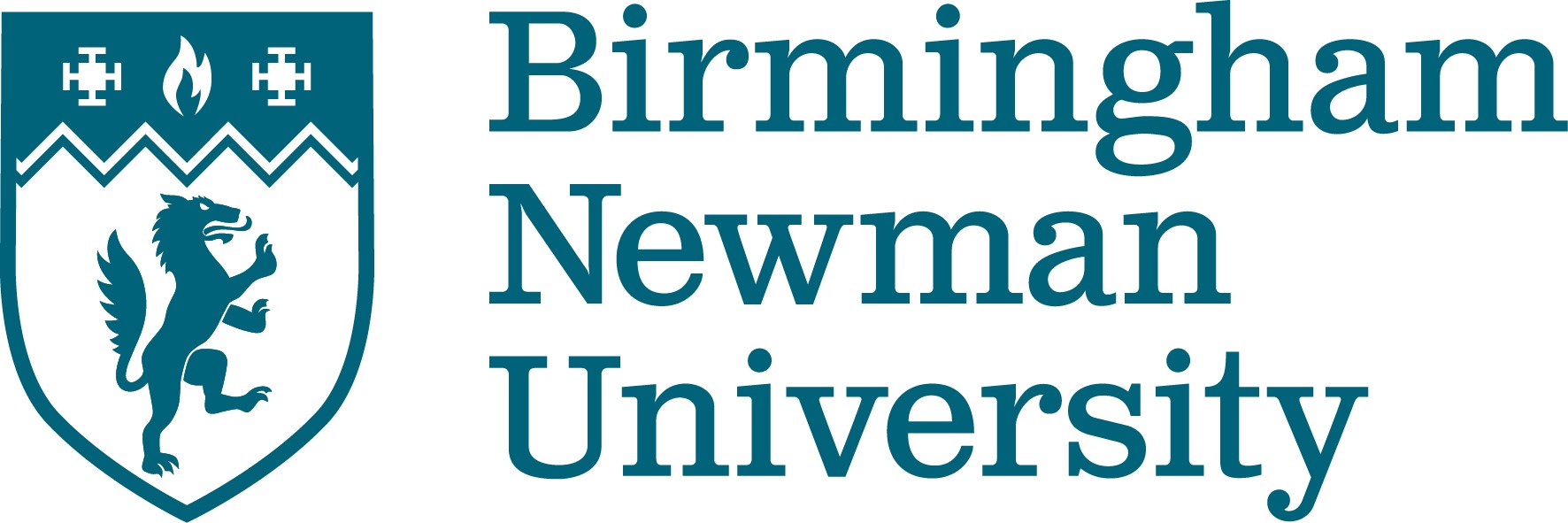A Narrative Review of Undergraduate and Postgraduate Strength and Conditioning Course Recognitions and Accreditations in the United Kingdom
Weldon, Anthony, Till, Kevin, Hughes, Jonathan, Akubat, Ibrahim, Keenan, James, Cameron, Andrea and Turner, Anthony (2024) A Narrative Review of Undergraduate and Postgraduate Strength and Conditioning Course Recognitions and Accreditations in the United Kingdom. International Journal of Strength and Conditioning, 4 (1). pp. 1-12. ISSN 2634-2235
|
Text
BNU0006.pdf - Published Version Available under License Creative Commons Attribution. Download (333kB) | Preview |
Abstract
As the popularity of strength and conditioning (S&C) continues to grow, there are now an increased number of S&C degrees offered in the United Kingdom (UK). These degrees can be recognised and accredited by the National Strength and Conditioning Association (NSCA), the Chartered Institute for the Management of Sport and Physical Activity in collaboration with the United Kingdom Strength and Conditioning Association (CIMSPA-UKSCA), and the International Universities Strength and Conditioning Association (IUSCA). As each association requires different and specific criteria to be met this paper aimed to summarise this information and present the number of S&C degrees recognised and accredited in the UK. Criteria for each awarding association were obtained and consolidated into a check�list format. The number of courses recognised and accredited by each awarding association was obtained by reviewing the websites of each S&C degree, which were sourced from the Universities and Colleges Admissions Service (UCAS), NSCA, UKSCA, and IUSCA directories. In total, 20 undergraduate and 29 postgraduate courses were identified. The NSCA recognised 10 undergraduate and 12 postgraduate courses, CIMSPA-UKSCA accredited 11 undergraduate and 7 postgraduate courses, and IUSCA accredited 5 undergraduate and 2 postgraduate courses. Our findings show that recognitions are inexpensive compared to accreditations due to fewer criteria. Most undergraduate degrees held 1-2 recognitions or accreditations, which was 0-1 for postgraduate degrees. All recognitions require specific module, practical, and assessment content to be covered, which in part should be delivered by staff holding a discipline-specific undergraduate or postgraduate degree accompanied with a professional S&C certification. All accreditations require courses to include supervised practical experience and evidence suitable learning environments. The NSCA and IUSCA accreditations require degree titles to indicate the course specialisation (e.g., BSc in S&C) and include a site visit to validate and accredit each course. The CIMSPA-UKSCA and IUSCA accreditations require courses to evidence that transferable graduate knowledge and skills are being developed. This paper may inform (a) course representatives of the criteria to obtain each recognition or accreditation; (b) prospective students to understand and distinguish between each recognition and accreditation, and observe which degrees have received each award; (c) potential employers to tailor job profiles to align with graduate capabilities; and (d) awarding associations to compare and review their recognitions and accreditations with others, to support their continued enhancement or diversification.
| Item Type: | Article |
|---|---|
| Divisions: | Faculty of of Arts, Society and Professional Studies > Department of Health and Behavioural Sciences |
| Depositing User: | Ms Hazel Barham |
| Date Deposited: | 16 May 2024 13:17 |
| Last Modified: | 10 Sep 2024 09:38 |
| URI: | https://newman.repository.guildhe.ac.uk/id/eprint/17363 |
Actions (login required)
 |
Edit Item |

